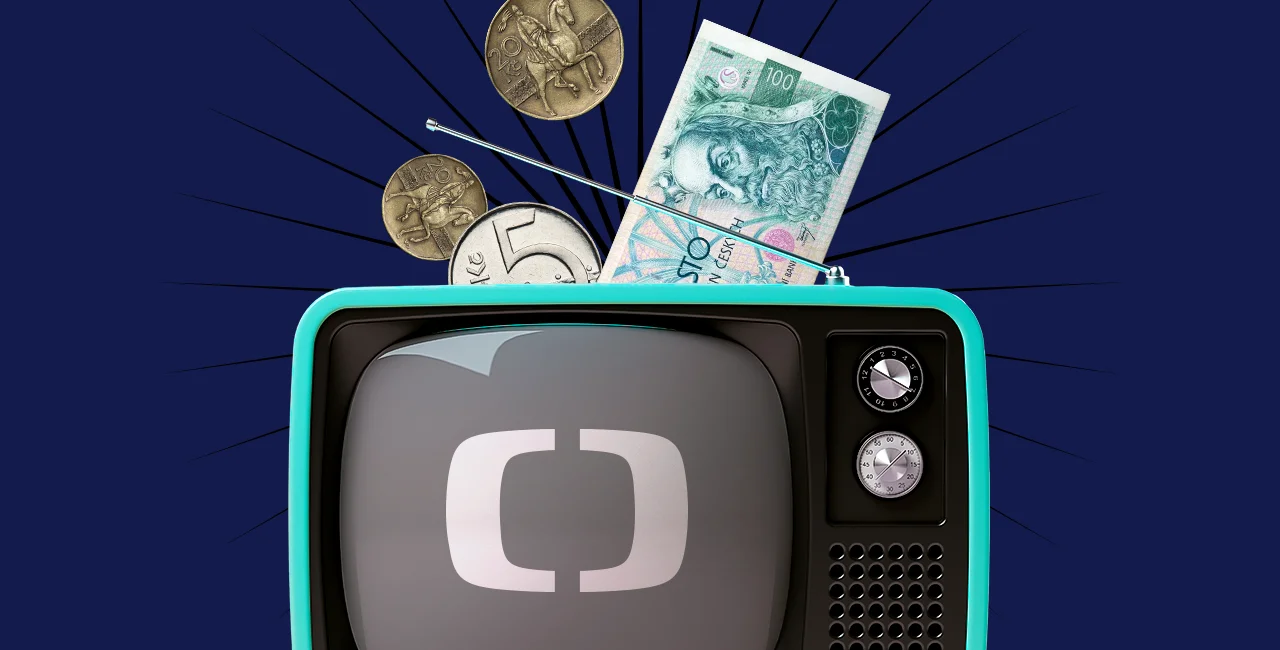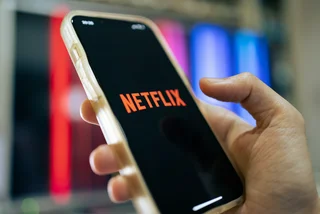The Czech government has approved an increase in monthly fees for watching public television and listening to radio this afternoon, which affects both locals and foreigners.
How much will fees go up by?
The television license fee will rise by CZK 15, to CZK 150 per month, while Czech Radio's fees will increase by CZK 10, to CZK 55 monthly.
According to the government, this may rise in the near future to keep up with inflation. Under the proposed amendment, the government could increase license fees by up to 6 percent if national headline inflation exceeded 6 percent since the previous price change.
Who pays for the fee?
The fee is paid per household (or business), and the vast majority of people will need to pay.
Foreign nationals without a permanent or long-term residence permit or visa in the Czech Republic are exempt, as are households whose income for the previous calendar quarter was lower than 2.15 times the minimum living wage. Those with blindness and deafness do not need to pay. Sufficient evidence of low income or disability must be provided.
Small businesses with up to five employees and self-employed individuals will be exempt. Larger companies and legal entities will pay fees according to their number of employees.
How do I pay?
Full information can be found on ČT's official English-language website.
What happens if I don’t pay?
Failure to pay can result in a CZK 5,000 fine for Czech Radio and CZK 10,000 fine for ČT.
When do the higher fees come into force?
If the Senate and President Petr Pavel approve of the fee change, which is highly expected, the new fees will apply from the start of 2025.
I don’t have a TV but consume public Czech media on other devices. Do I still need a license?
Yes. The amendment newly broadens the range of payers to include households that do not own a television or radio, but that use smartphones, tablets, or laptops, or similar such devices to consume media. Households with multiple such devices will only pay one fee.
Why is this change happening?
In short, to ensure public television has the necessary means to survive. CEO of ČT Jan Souček described the debate on the amendment as constructive and noted that the result is a compromise ensuring long-term financing and quality of ČT.
"The result is a compromise that will make it possible to maintain the financing of ČT in the long term – and especially its quality," said Souček. ČT plans to boost investments by approximately one-third in the coming years.
The fees for ČT have remained unchanged since 2008, and those for Czech Radio have not changed since 2005. Following the adoption of the amendment, ČT is set to receive an additional CZK 865 million in its budget next year, while Czech Radio will gain CZK 331 million more.
Minister of Culture Martin Baxa emphasized the importance of defending the independence of public service media, which has recently been questioned. "We have to defend their independence. We are determined to push the amendment through the lower house and the senate so that the media has its stability," Baxa said earlier this week.
He expressed concerns about avoiding a situation like that in Slovakia, where the government’s control over the media could be seen as unhealthy.












 Reading time: 3 minutes
Reading time: 3 minutes 





























